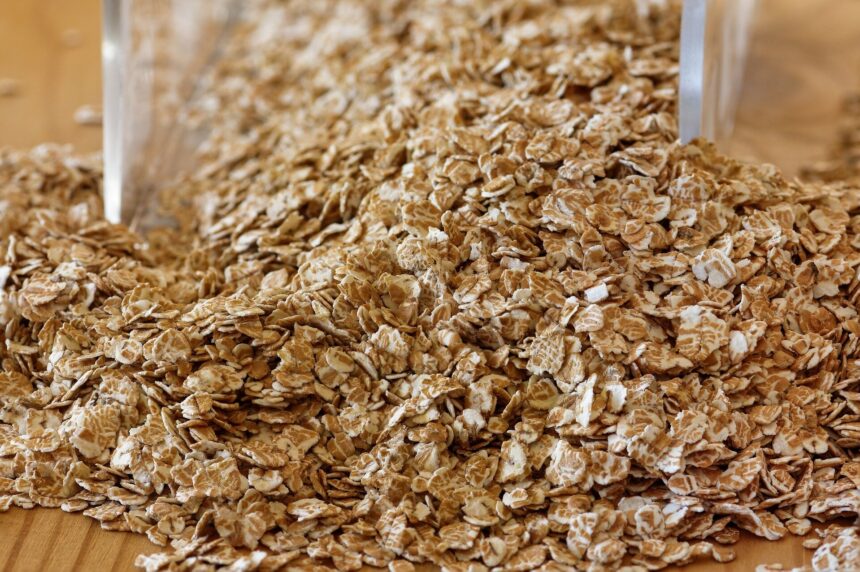The human gut microbiome is a complex ecosystem of bacteria that plays a crucial role in maintaining our health. Among these bacteria, the group known as Enterobacteriaceae can be both beneficial and harmful. While they are normally present in low levels as part of a healthy gut microbiome, an overgrowth of these bacteria can lead to illness and even life-threatening conditions.
Recent research conducted by a team of scientists from the University of Cambridge has shed light on how the composition of the gut microbiome can influence the colonization of Enterobacteriaceae. By analyzing the stool samples of over 12,000 individuals from 45 different countries, the researchers were able to identify a microbiome ‘signature’ that can predict the likelihood of Enterobacteriaceae colonization in the gut.
The study found that individuals with a higher abundance of certain gut microbe species, particularly Faecalibacterium, were less likely to be colonized by Enterobacteriaceae. These protective bacteria produce short-chain fatty acids by breaking down dietary fiber, creating an environment in the gut that is hostile to pathogenic bugs.
The researchers suggest that consuming a diet rich in fiber, such as vegetables, beans, and whole grains, can promote the growth of beneficial bacteria in the gut and reduce the risk of Enterobacteriaceae infection. In contrast, taking probiotics may not have the same impact on gut microbiome composition and Enterobacteriaceae colonization.
Dr. Alexandre Almeida, the senior author of the study, emphasized the importance of dietary fiber in supporting gut health and preventing infections. He highlighted the potential of using the gut microbiome as a tool for improving medical diagnostics and treatment.
In addition to its implications for individual health, the research also provided new insights into the interactions between different bacteria in the gut. Contrary to previous beliefs, the study revealed that many gut microbe species can coexist with disease-causing Enterobacteriaceae, as they share similar nutrient requirements. This challenges the notion that competition for resources can prevent the colonization of pathogenic bacteria in the gut.
The findings underscore the importance of considering the gut microbiome as a complex ecosystem when developing strategies to prevent and treat infections. Rather than relying on probiotics to compete with harmful bacteria, the researchers advocate for dietary interventions that can create a more favorable environment in the gut.
The study, published in the journal Nature Microbiology, highlights the potential of leveraging the gut microbiome to enhance our understanding of infectious diseases and develop innovative approaches to protect against bacterial pathogens. By harnessing the power of our gut bacteria through dietary interventions, we can promote overall health and reduce the risk of gut infections.







